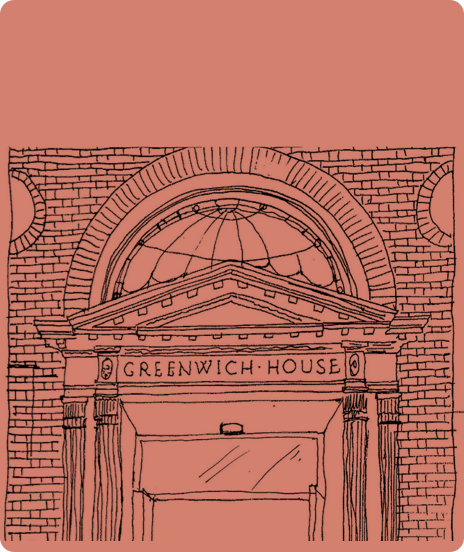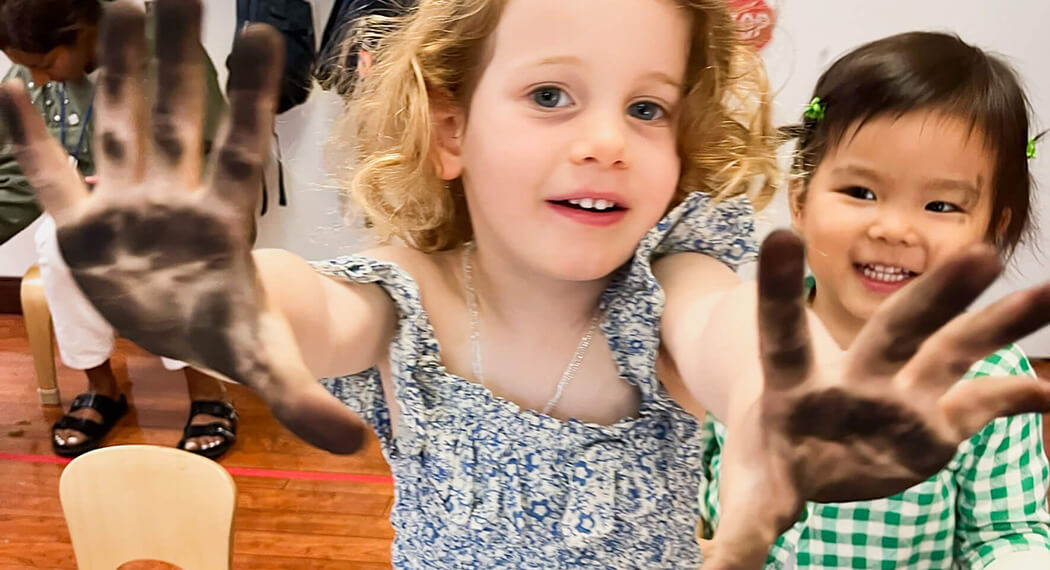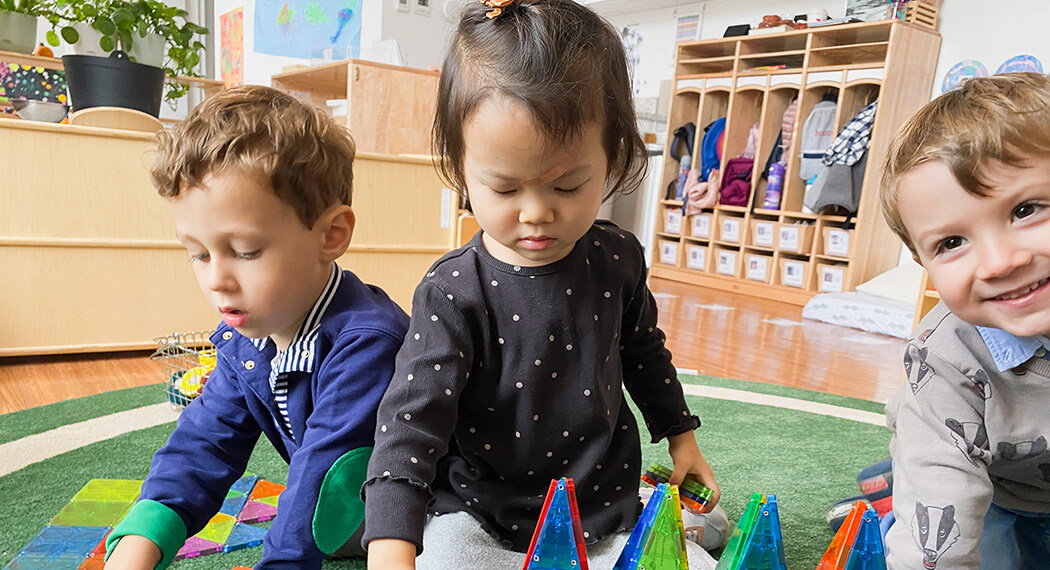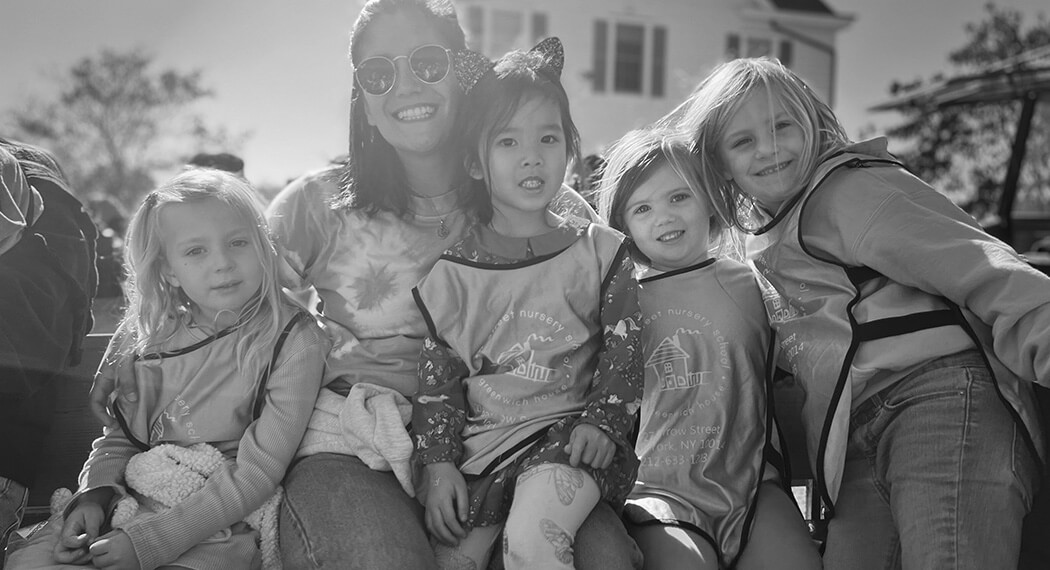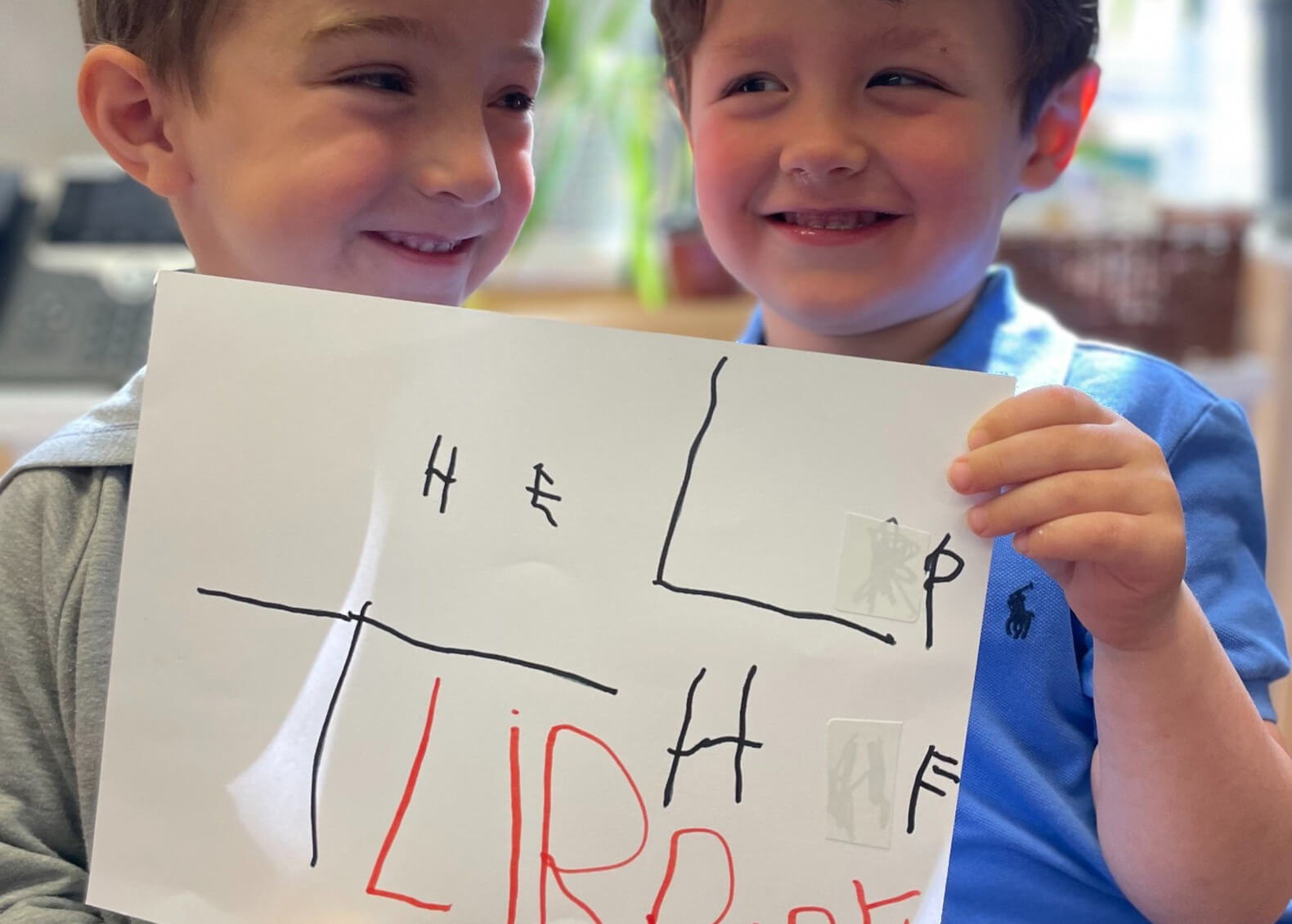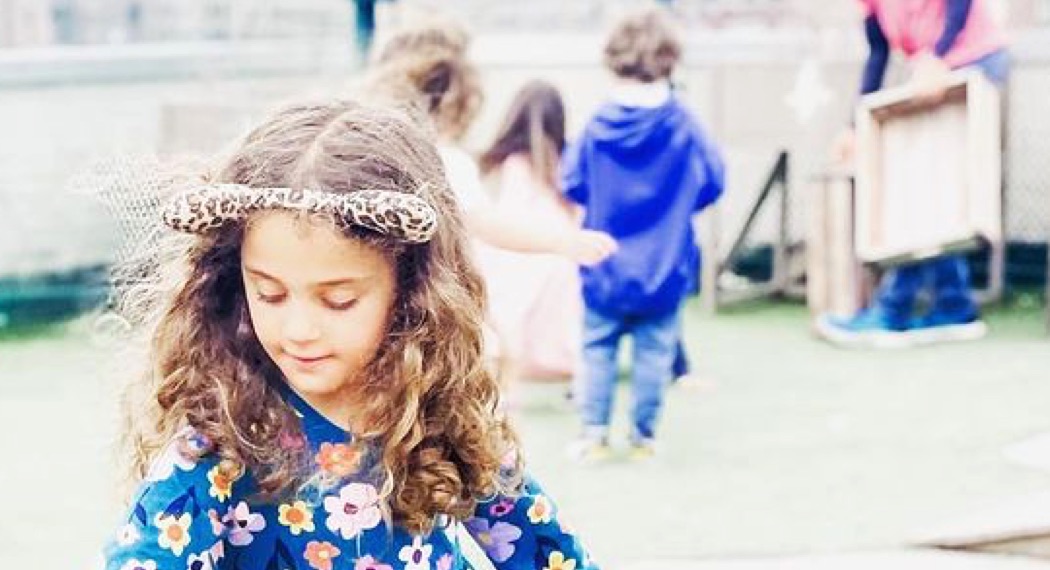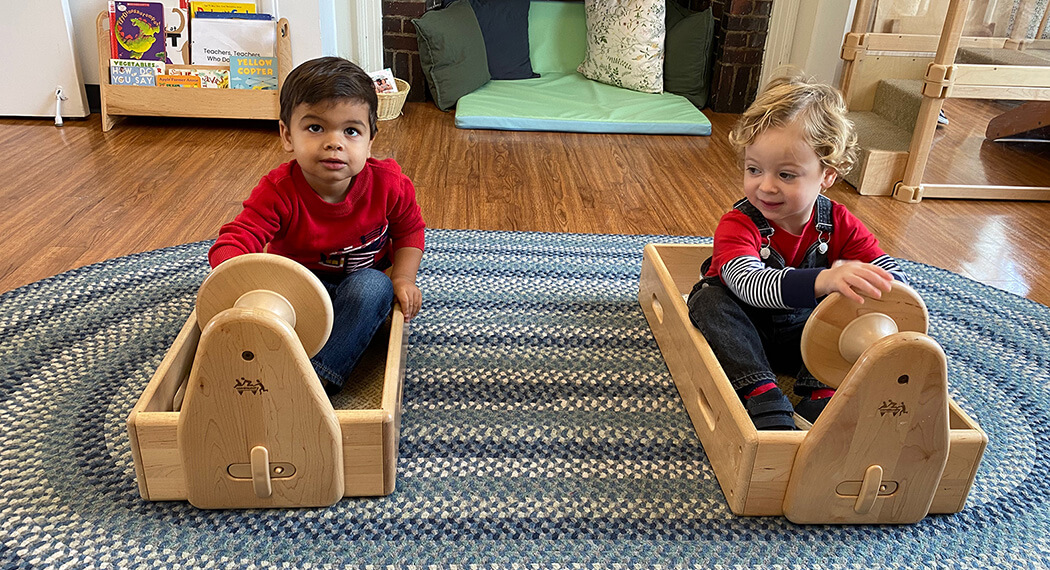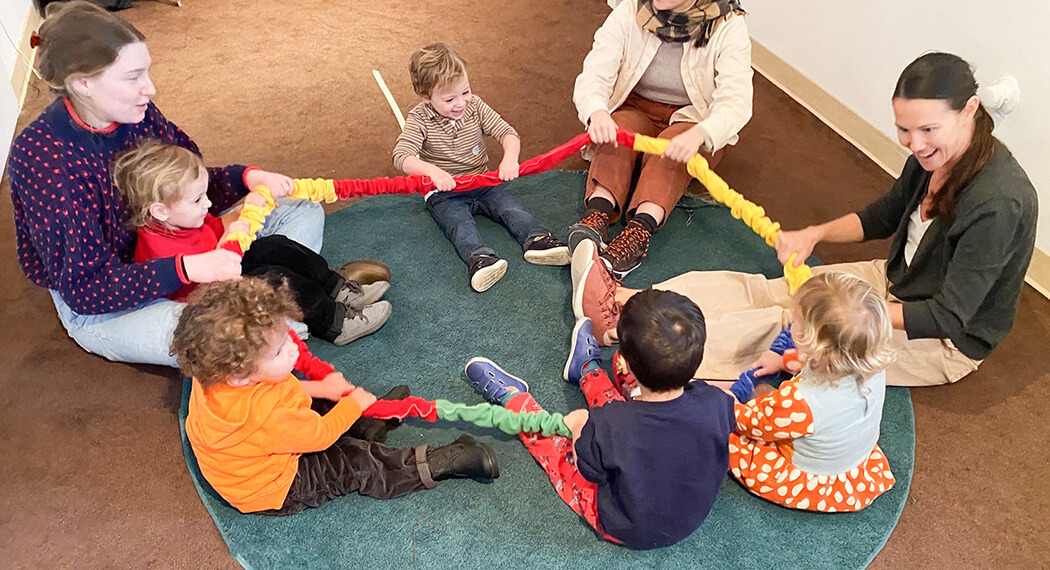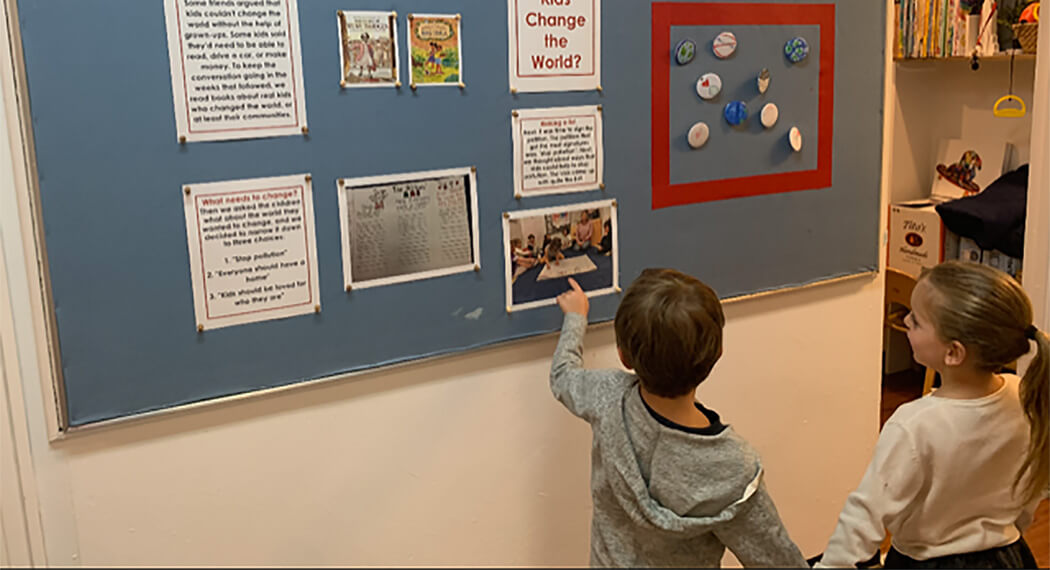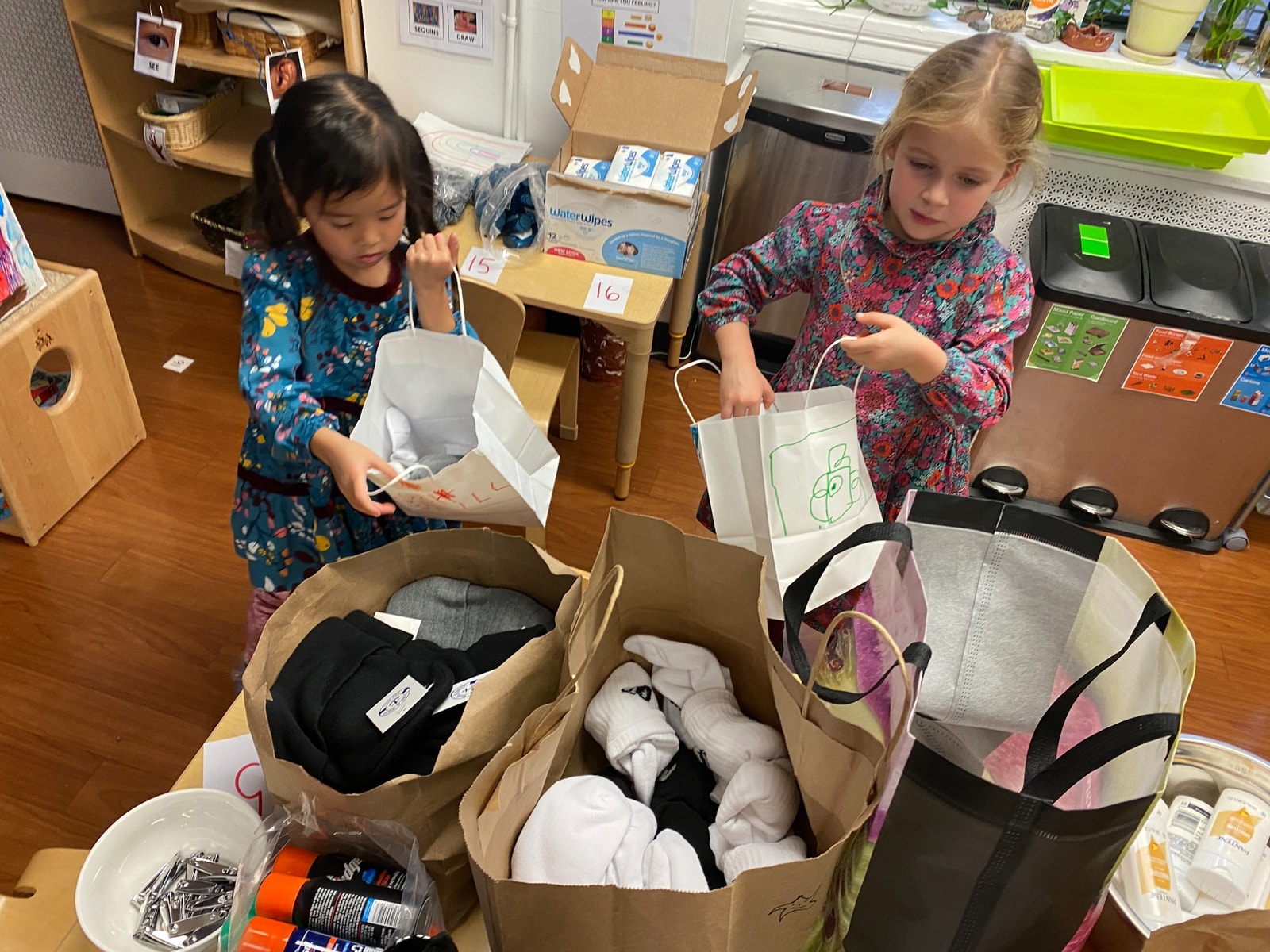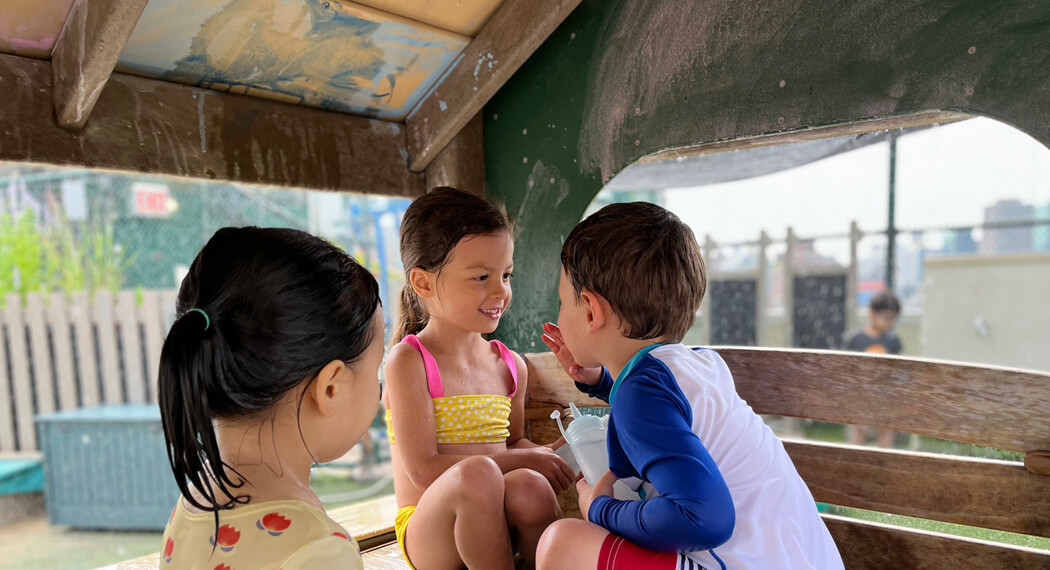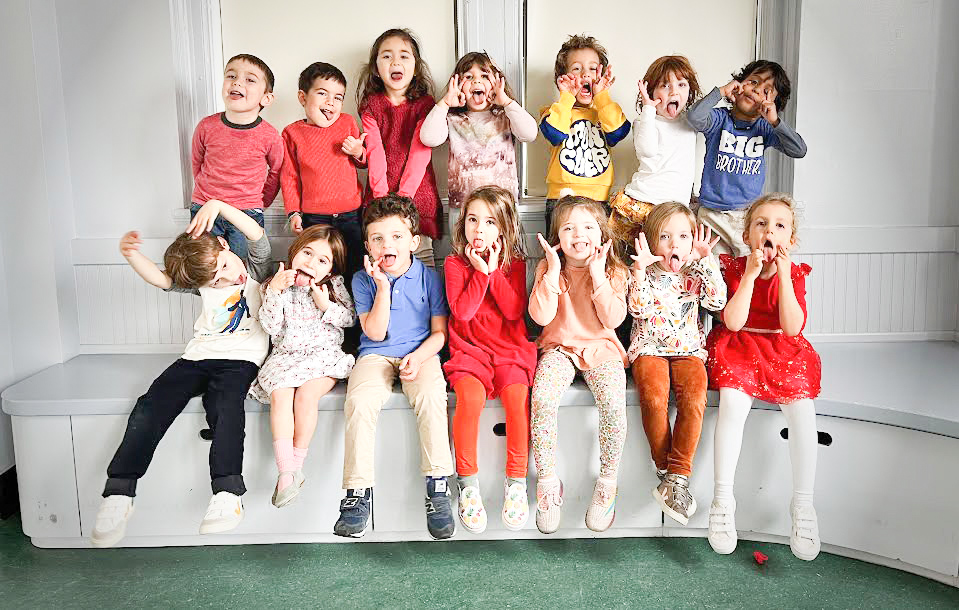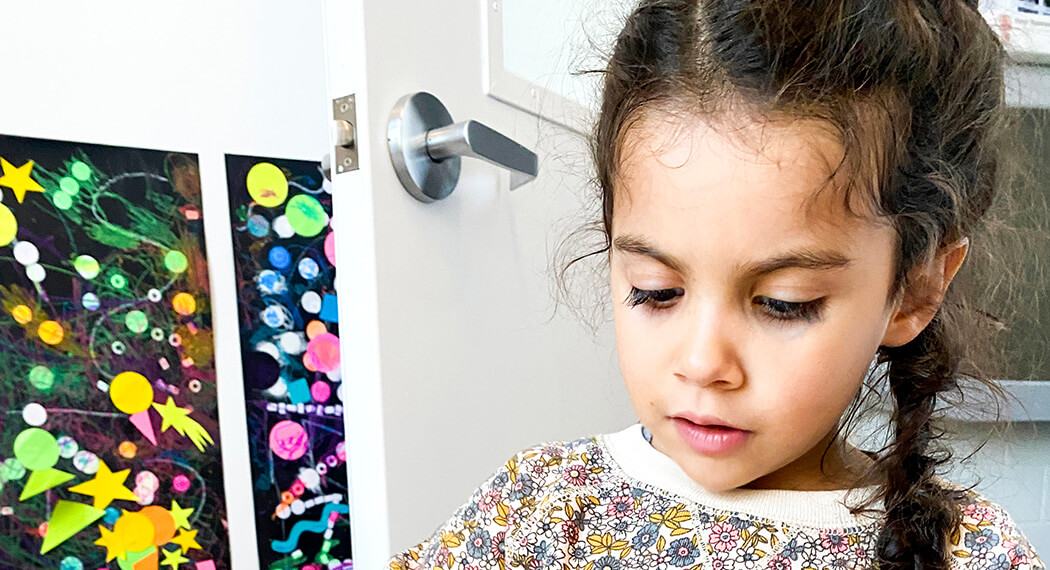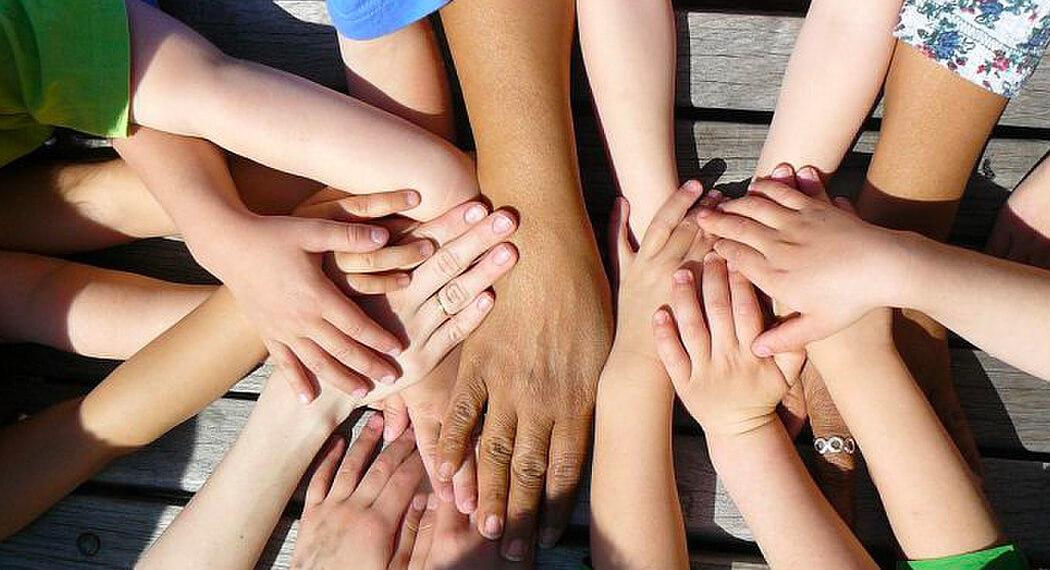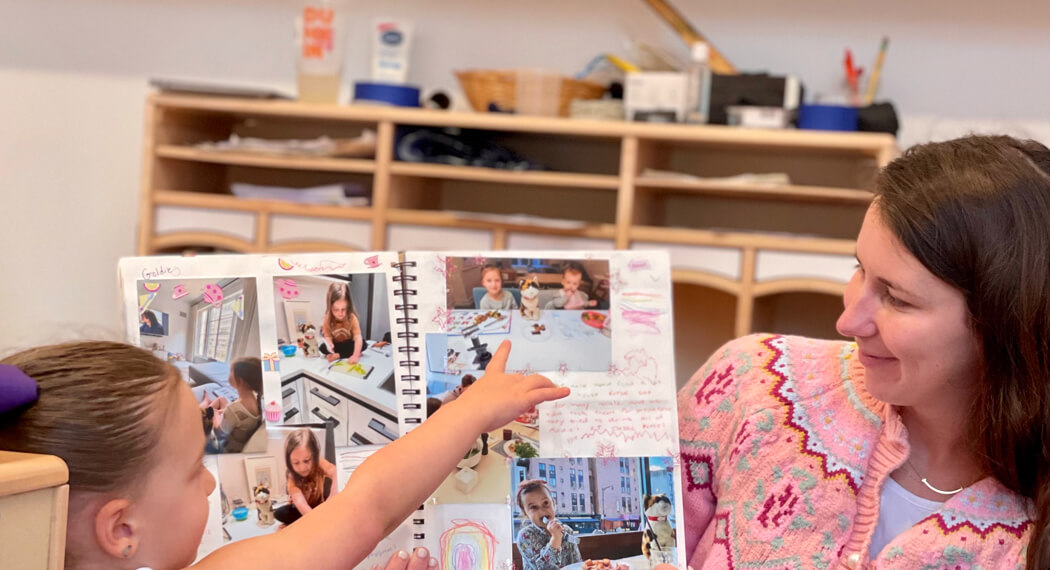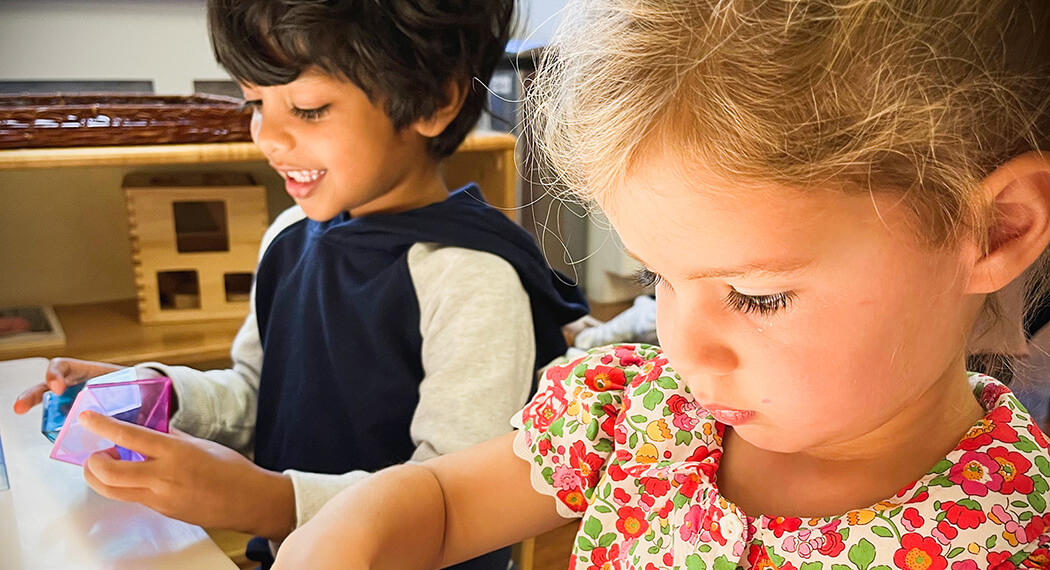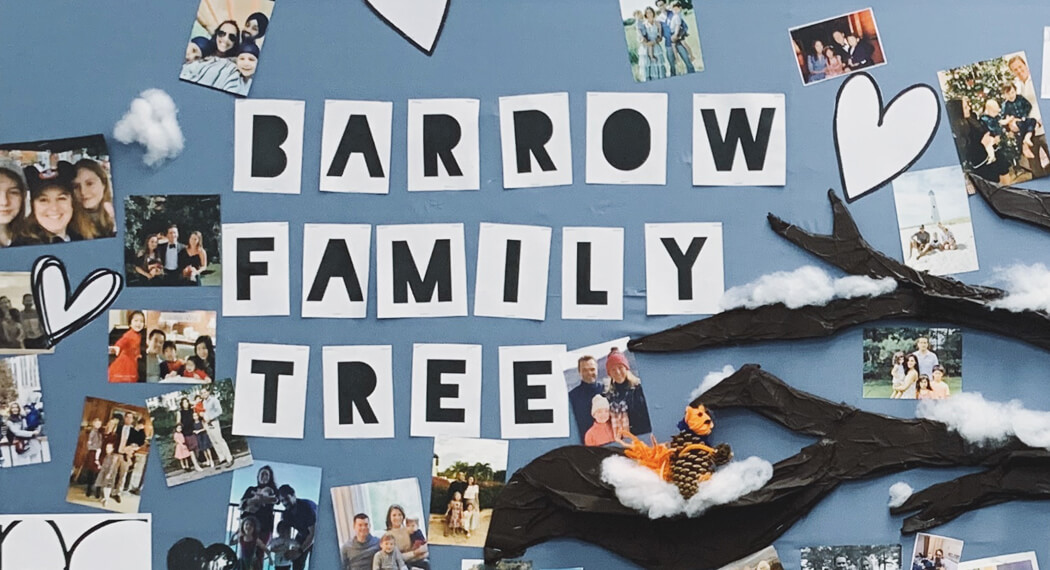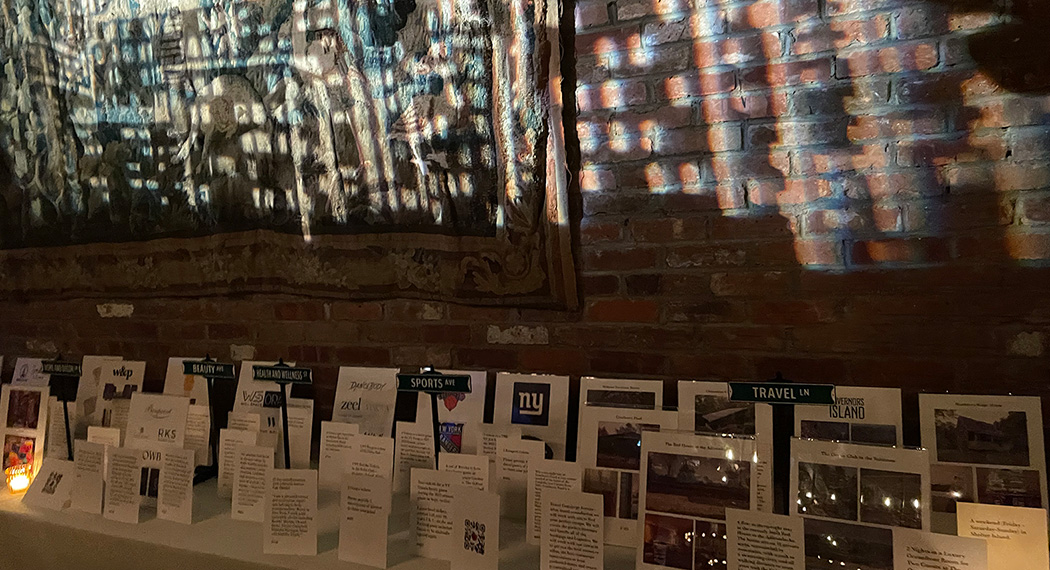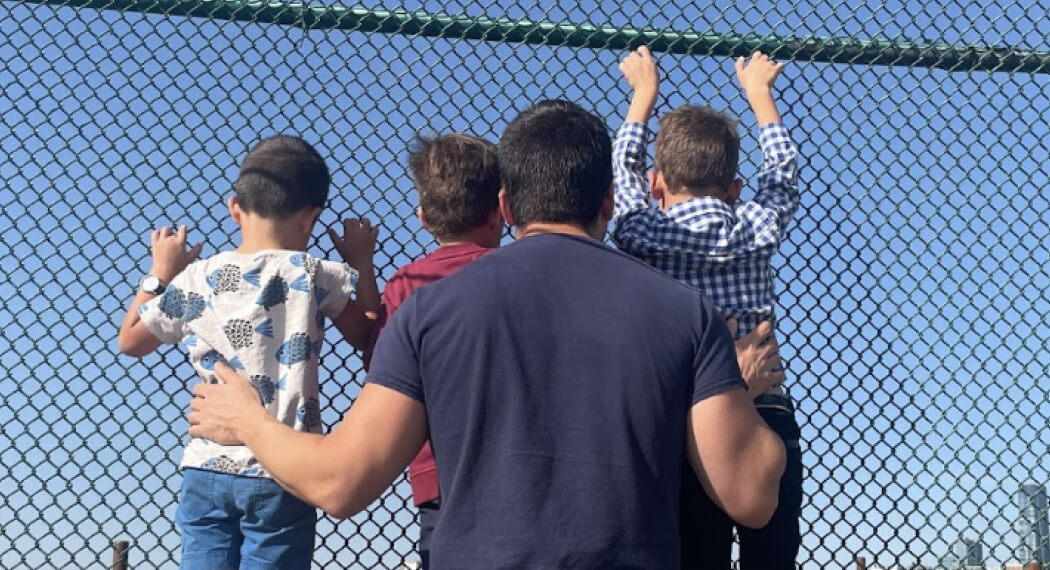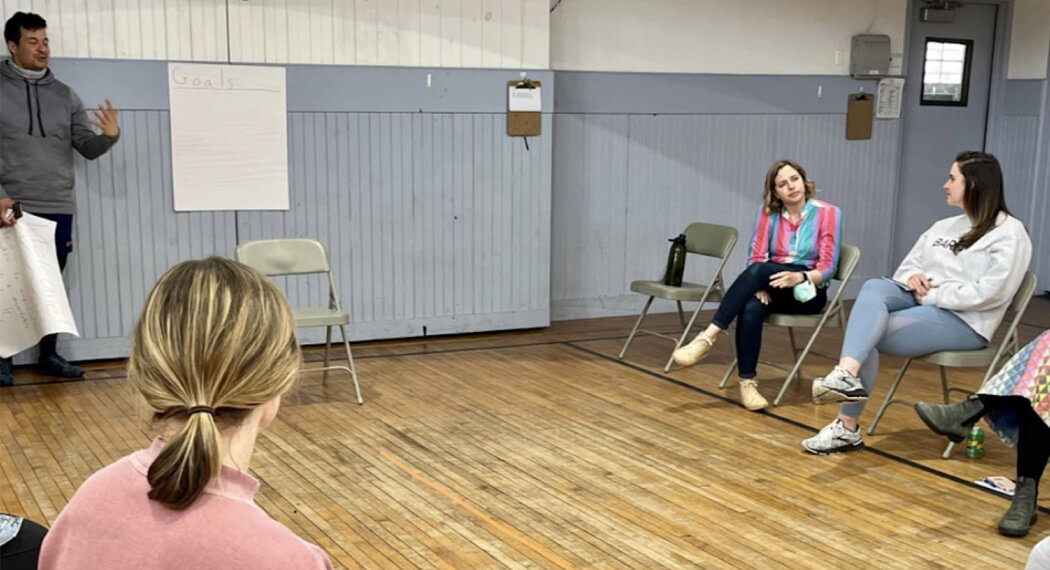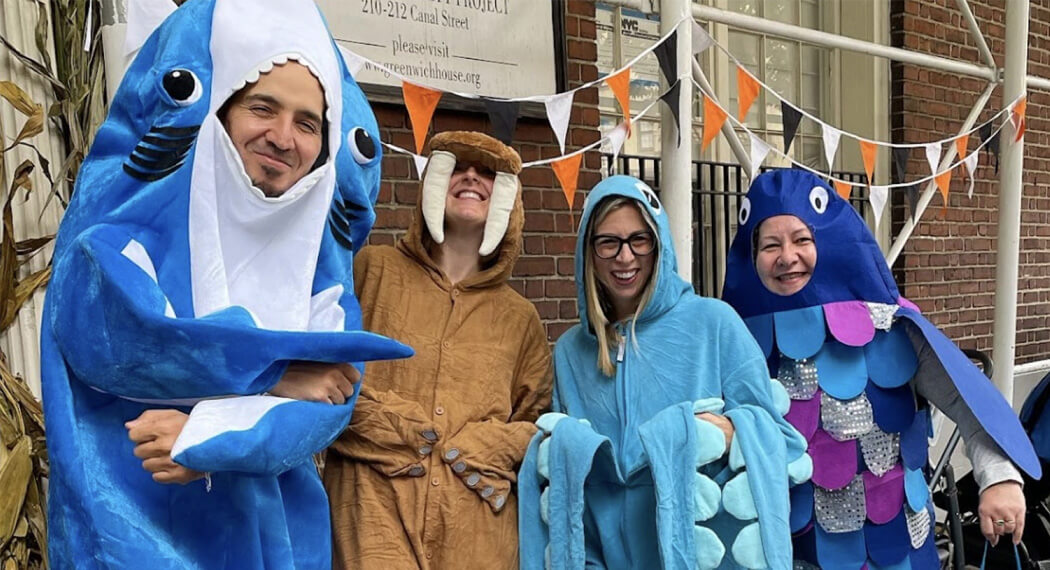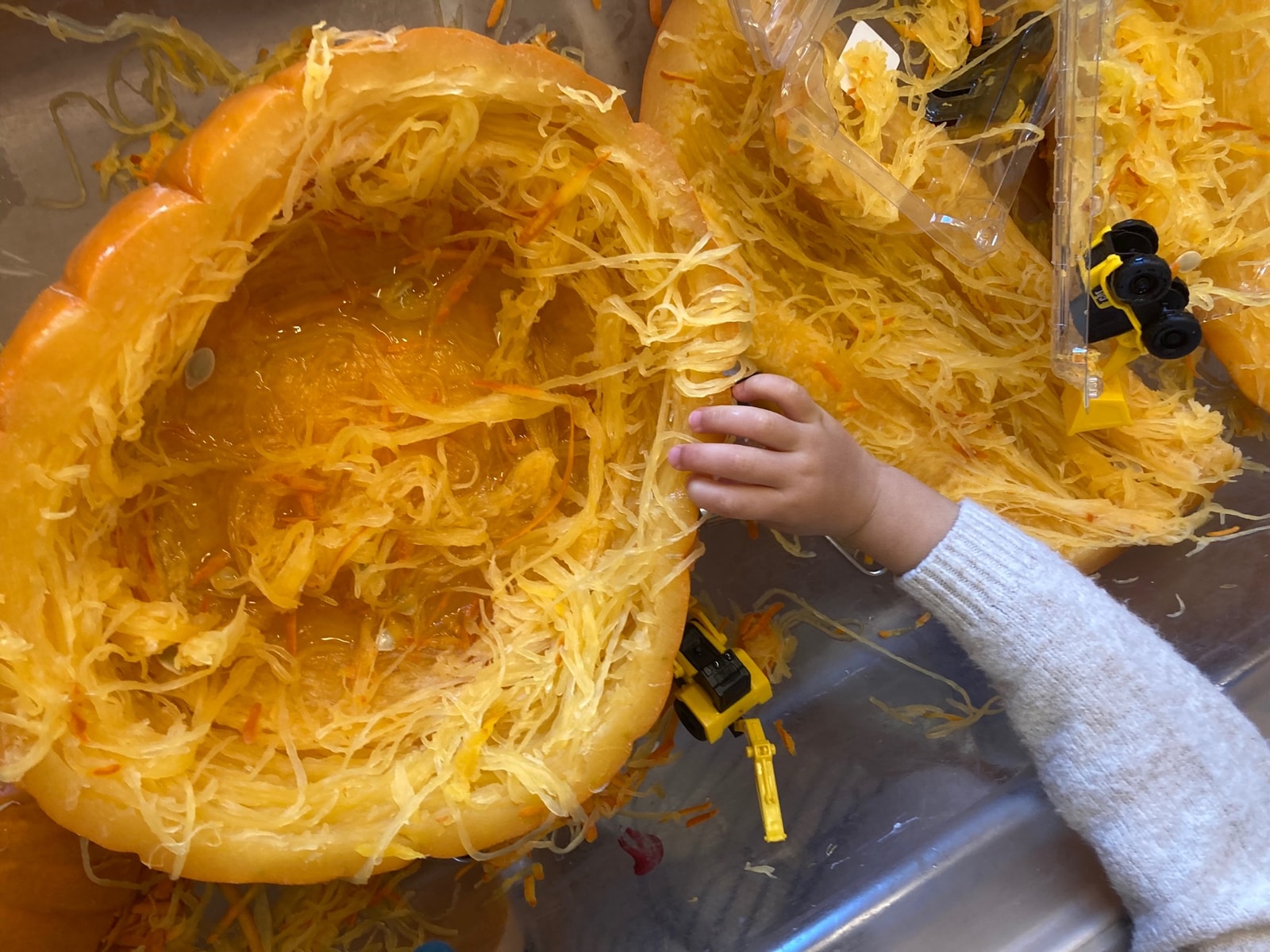“Research is a habit of mind, an attitude that can be developed or neglected. It is a response to curiosity and doubt. It constructs new knowledge, makes for critical thinking and is part of citizenship and democracy. Like everything else about Reggio, research is not a solitary activity, but a process of relationships and dialogue.” – Carla Rinaldi and Peter Moss
When considering learning, it is common for the focus to be on the products that children create and the measurable outcomes that say “look what I have done!” These goals and projects are important, especially when children feel pride towards their work. But equally important is the work that children do that does not cumulate into a big “tada.” The process of how each child explores can tell us a lot about who they are and how they make sense of the world around them. In the White Room, we always have open ended materials available, through which children can freely explore their ideas as we work to document their processes. Through this self-directed exploratory work children not only learn facts, but they learn how to learn. They learn how to test out ideas, how to persist and how to hone in on their natural creativity. These skills will support them through school and beyond.
Sensory work is an example of process focused play that enables children to be the directors of their learning. We consider sensory work to be play through which children are able to explore deeply with varying sensations. Sensory work can be: Tactile (touch), Visual (sight), Auditory (sound), Proprioceptive (body awareness), Vestibular (movement), Olfactory (smell), and Gustatory (taste). Sensory work promotes cognitive development, enables children to act as scientists, allows for children to explore with preference, supports creativity in play, promotes fine and gross motor development, and promotes language development and dramatic play.
We as educators have done our best to capture the research all of your children are doing in their sensory work. Some themes that we have observed emerging are cause and effect, preferences, how we use tools, construction vs deconstruction, materials as tools for dramatic play, movement, tone in sounds, testing out plans, and light touch vs hard touch.
When we set out open ended materials such as a sensory activity, we often have an idea of what the children will do with it, though we never know for sure. It is through this unknown that really exciting work can happen. What is beautiful about the Reggio Emilia approach to education is how it celebrates this unknown and all of the possibilities each of your children bring into the classroom with them. We are grateful to be their partners in research!

